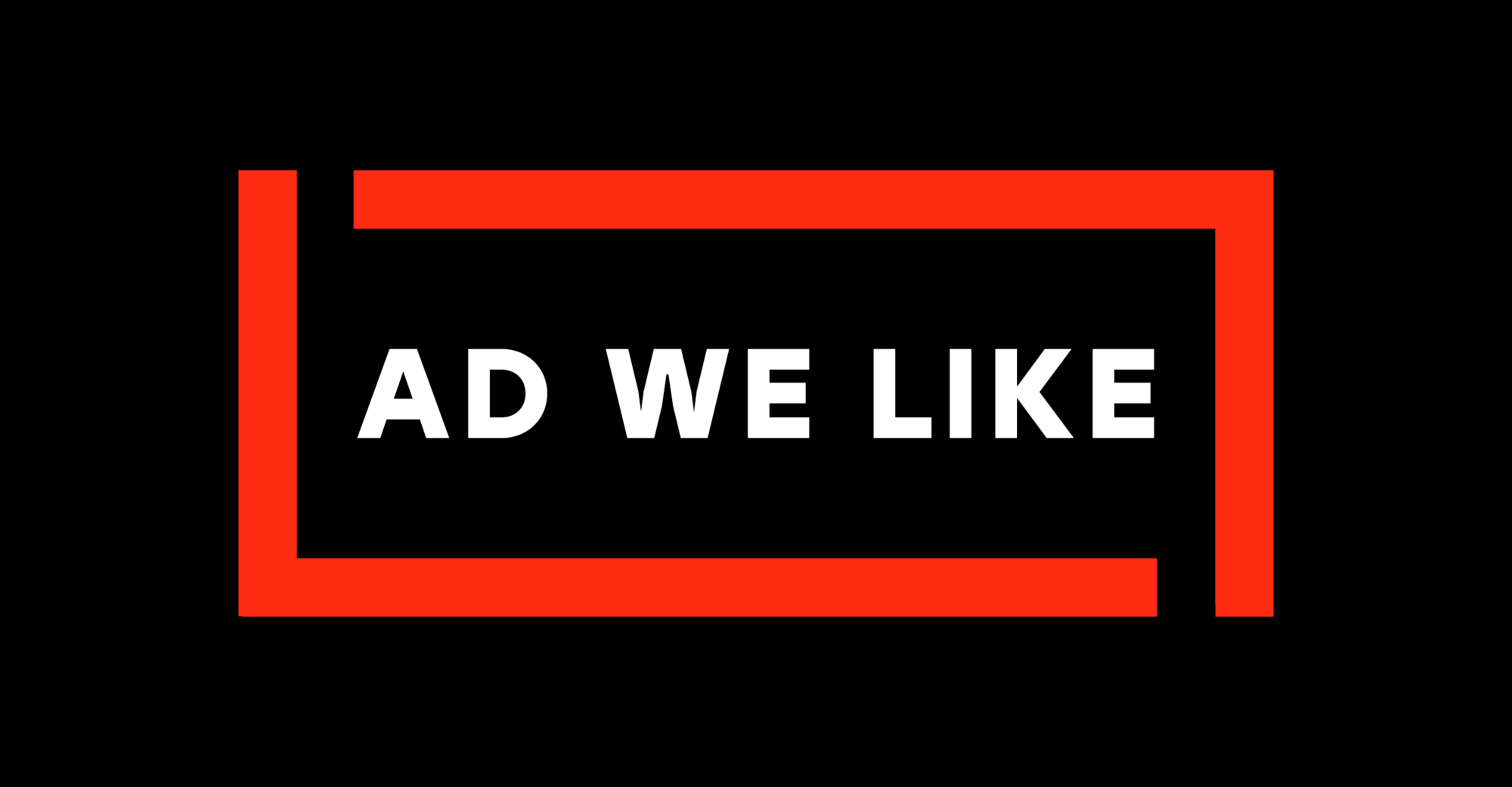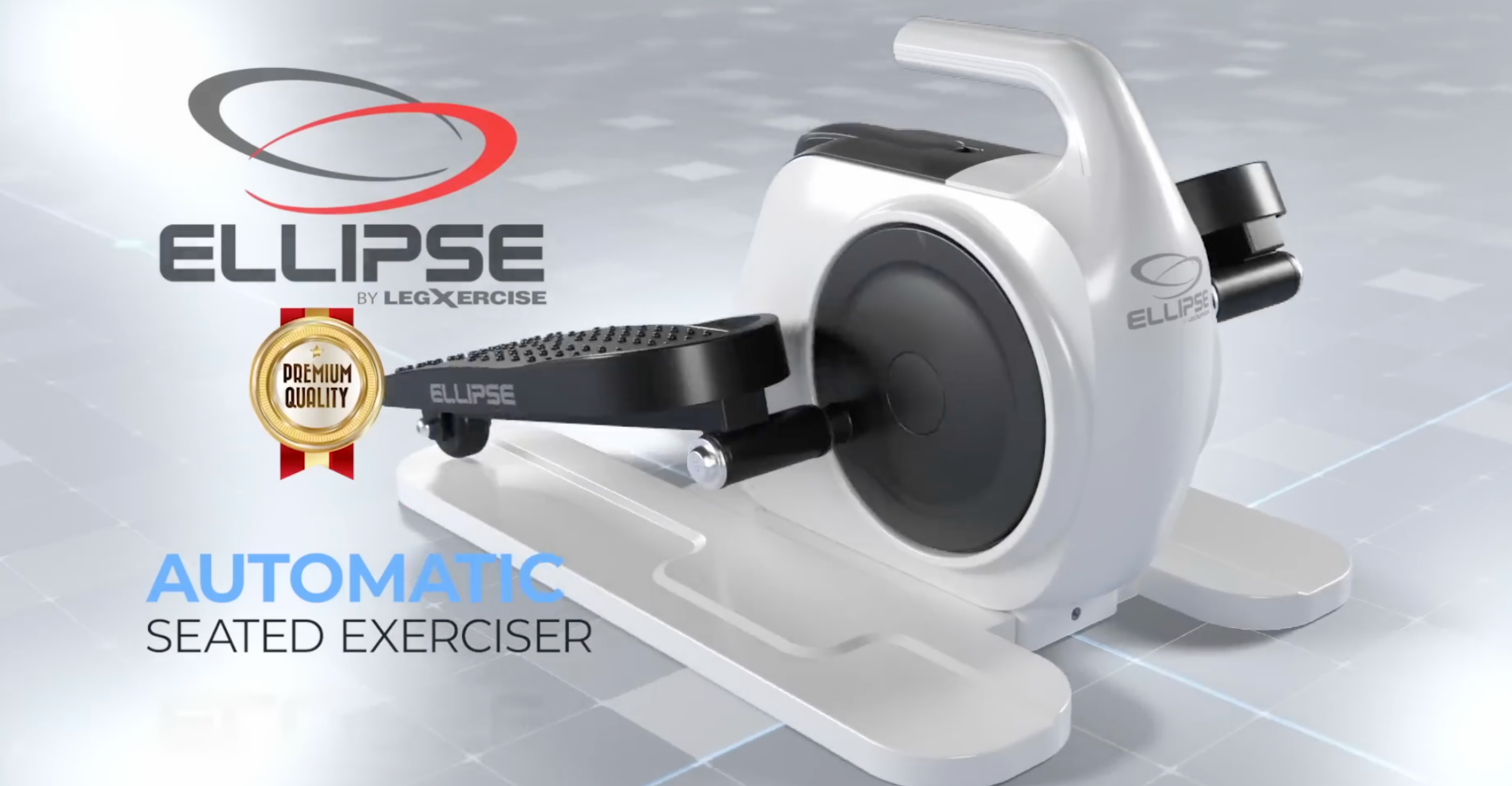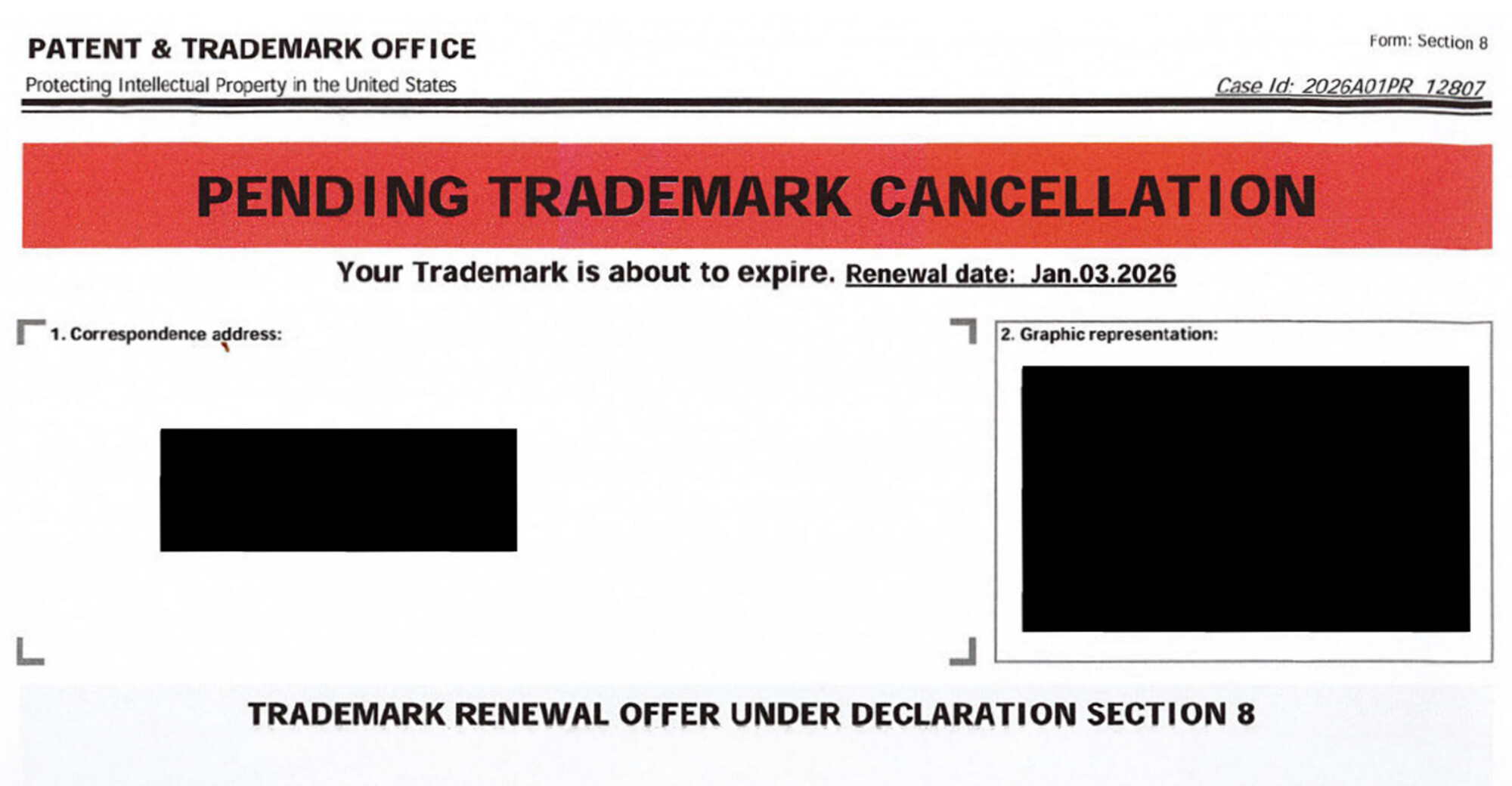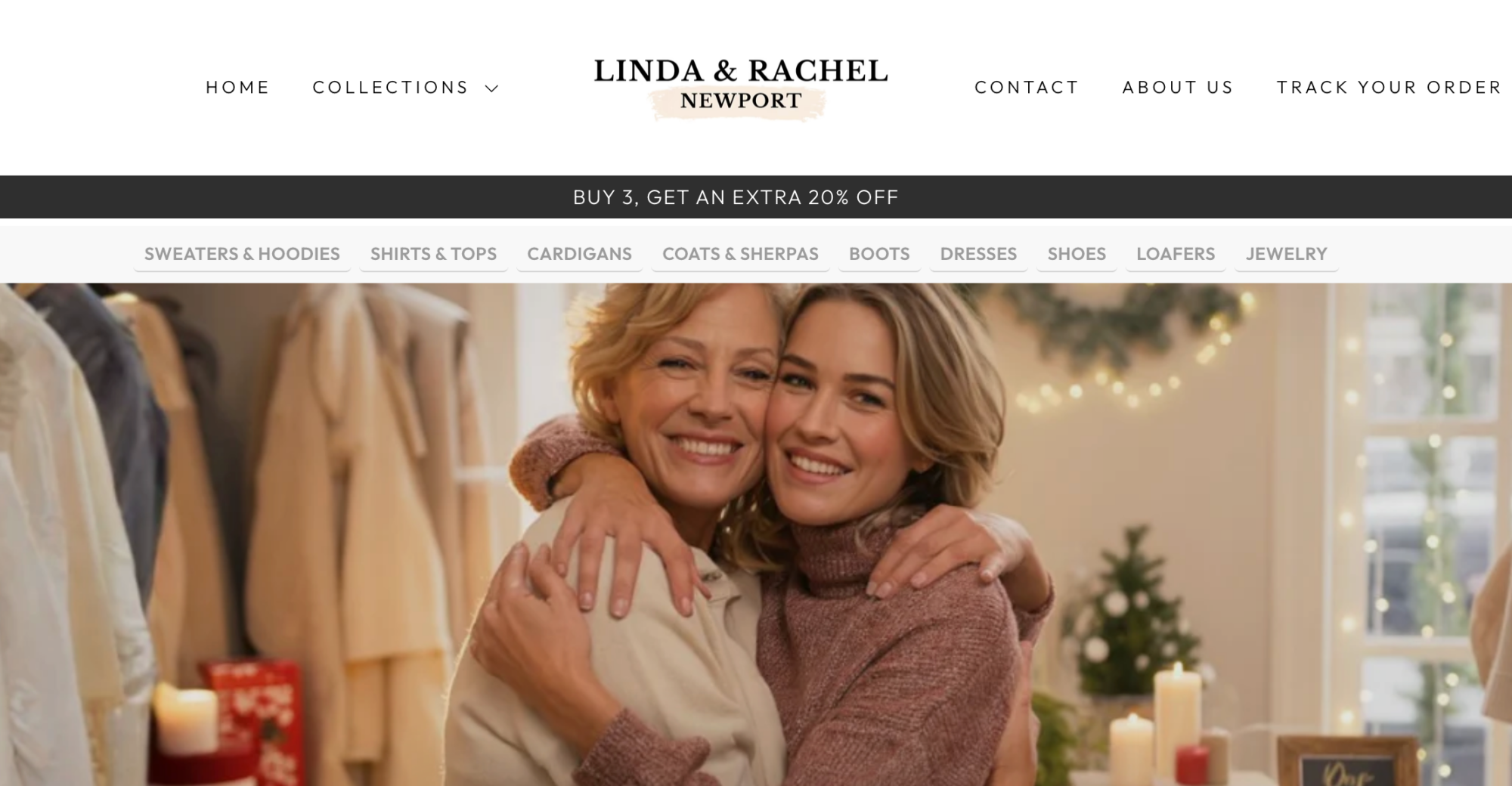
BBC: Milano Cortina 2026 Olympic Winter Games
Limits will be pushed. Records will be broken. Trails will blaze.
November 2015: A state judge granted final approval of the settlement.
June 2015: A state judge preliminarily approved a settlement of a false advertising class-action lawsuit against True Religion Apparel. The complaint, which was originally filed in December 2014, alleges that the company misleadingly labeled jeans as “Made in USA” when they actually contain foreign-made parts. According to the settlement terms, each class member is eligible to receive one T-shirt (any unclaimed T-shirts will be donated to charity). In addition, the company has revised its labels to comply with California law (meaning that the company will only label goods as “Made in USA” when they are “entirely manufactured in the USA of U.S.-made materials” or they will have the appropriate qualifying language). A final fairness hearing is scheduled for November 20, 2015. (Hofmann et al v. True Religion Apparel, et al, Case No. 37-2014-00041658, Superior Court of California, County of San Diego)
For more information about “Made in USA” claims and TINA.org’s coverage of the issue, click here.
Limits will be pushed. Records will be broken. Trails will blaze.
Can you actually work out without the work?
MADISON, CONN. Feb. 11, 2026 – A company calling itself “Patent & Trademark Office” is violating the FTC’s Impersonation Rule as well as the FTC Act by falsely posing as…
Complaint to FTC cites violations of agency’s Impersonation Rule.
TINA.org digs into shop’s purported Newport roots, and more.


